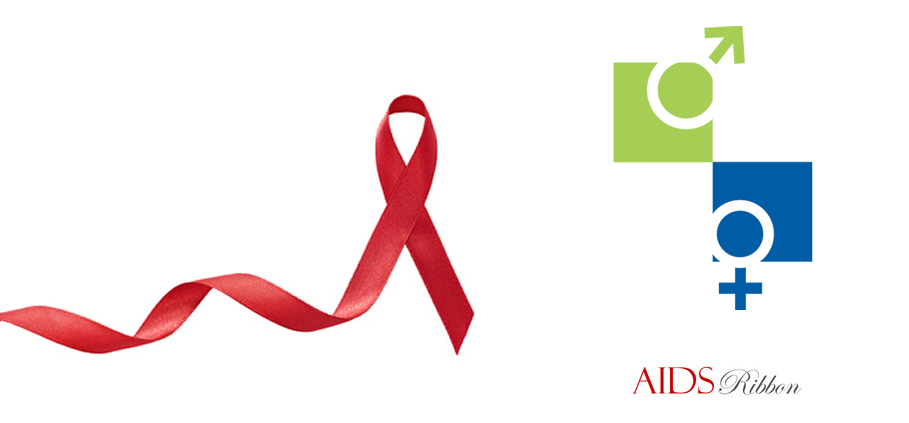Latest News
Adolescence and Sexuality
Anastasios D. Kalantzis, Surgeon Urologist-Andrologist
Adolescence can be defined as a transitional stage between childhood and adulthood. Most people describe adolescence as the most difficult, critical and complicated period of life. It is characterized by major hormonal, biological, physical and emotional changes. The adolescents, through conflicts mainly with the parental environment, try to strengthen their own Self. They dispute, doubt and react, in search of new goals. Their personal identity, maturity and independence, as well as their sexuality, are among the main elements to be shaped and formed, in order for them to be able to create substantial and deep interpersonal relationships later in their lives.
In the first stage of adolescence, from eleven to fourteen years of age, the major characteristics of adolescents’ personality, such as their introversion and extroversion, as well as their special inclinations and abilities make their first appearance and become outlined and shaped. They start creating the irown system of values and select their friends themselves. At this age, and through education, the foundations for their future professional activities and their life goals are set.
Hormonal changes cause alterations in the primary and secondary sex characteristics. Adolescence is characterized by increased sexual drive and activity. The adolescents become very sensitive to caress and touch. At first they resort to autoerotic actions, which allow them to express their sexuality and relieve the tension; there are fantasies and mental preparation for the real sexual activity. Ambiguousand ambivalent feelingsoffear, stress, anxietyandpleasuredelugetheteenagers who become confused, as they have heard a lot about sex, in essence, however, they know too little, while the stereotypical social beliefs preserve and promote ignorance, creating, at the same time, feelings of guilt and myths around sexuality.
Nowadays, adolescents have ample information regarding sex , while researches have shown that the sources from which they derive this information on the subject are the internet and their friends. Sex is presented almost openly in the media, and it is easy for children to seek information and receive wrong messages. The sexual pleasure has been turned in to “fashion”, a “must”, imitation of imposed role models etc. Based on these facts, the need for proper, timely and scientific information on sexual education matters is consequently imperative.
The way the parents and/or teachers address adolescents regarding their sexuality should be discrete, individualized and respectful. There should be guide in rules, principles and views, but imposition of strict control, restrictions and prohibitions should be avoided, as this may result in losing our influence and contact with the teenager.
Sexual education provided in schools is limited to a “sterile” knowledge of sexual anatomy, birth control techniques , contraceptives and means of protection. It is an indisput able fact that young children must know how to avoid a nun wanted pregnancy, prevent themselves from getting a sexually transmitted disease (STD) and generally protect their health, but in this way sex is diminished into something procedural. Psychology and social sciences concern sexuality as the most determining factor for the development and formation of human psychism. Therefore, it is necessary that we open up, experiment, free ourselves from stereotypes, biases, prejudices and taboos and contemplate on the emotional aspect of sexuality.
Sexual education starts from home and the family. We should try to convey to the child a “correct life stance”, as much as possible. This starts with the parents’ lifestyle, their emotional relationship with the child, the quality of communication and dialogue with them, the trust that the parents show to the child’s judgment as well as the tender and respectful relationship among the couple. The children should realize that their feelings are normal and that it is not bad or shameful to be sexually aroused. When we refer to sexual intercourse, we should speak clearly and without elusions, answering all questions they may ask. We must inform them about the “first time”, teach them how to protect their sexuality and their body, instruct them not to allow anyone to approach them in a violent way and that they should always, when in a relationship, defend their rights and maintain their personality.
The role of the parents includes teaching their children to respect their sexual and erotic desires, as well as those of their partners, and that sexual intercourse is harmonious and pleasant only when both partners consent and desire it.
We should pass on the message that sexuality is part of our lives and makes our everyday life more pleasant and fulfilled.
Adolescence is wrecked in a world that is standardized, confused and devoid of love.
“They should learn to accept their feelings and excitements and make the distinction between their non-sexual relations and the actual sexual relationship”. TonyAnatrella - Le sexeoublié
Documentation
1. Sofia Roboti, Clinical Psychologist – “Puberty” 08/04/2004, www.specialeducation.gr
2. Stephanos Chr. Koumaropoulos, Dr. Counselling Education-Ordination – “Adolescence and Sexuality” 17/02/2008, www.ssneond.sch.gr
3. AntonisStathopoulos, Child Psychiatrist – “Psychosocial Objectives and Achievements in Adolescence ”, www.youth-health.gr
4. ThanosAskitis, Neurologist-Psychiatrist – “Adolescent”, www.askitis.gr
5. EleftheriaTzavela, Psychologist-Psychotherapist – “Sexuality in Adolescence. The Sexual Development of Adolescents. The Role of Parents in Sexual Education of Adolescents”, www.e-psychologist.gr
6. NikiZarkada, Psychologist – “Adolescents and Sexuality” 10/02/2010, www.tlife.gr
7. Spyros Manouselis, Journalist – “When Adolescents Discover Sex” 31/07/2010, www.enet.gr
8. TonyAnatrella, Psychoanalyst &Professor of Clinical Psychology - “The forgotten Sex” (Lesexeoublié), Lychnos Publications 1992, ISBN: 960-7097-13-0




